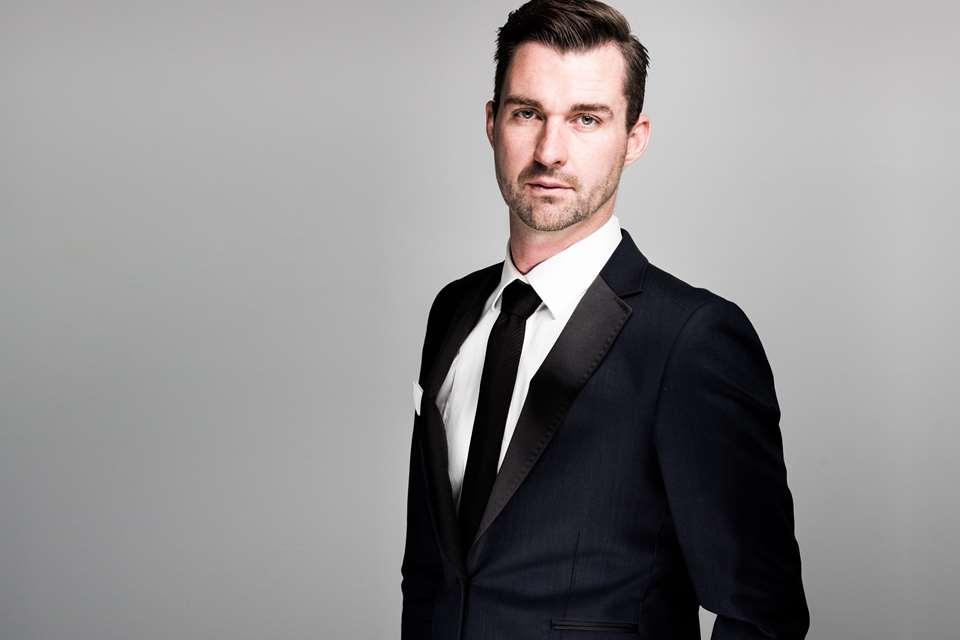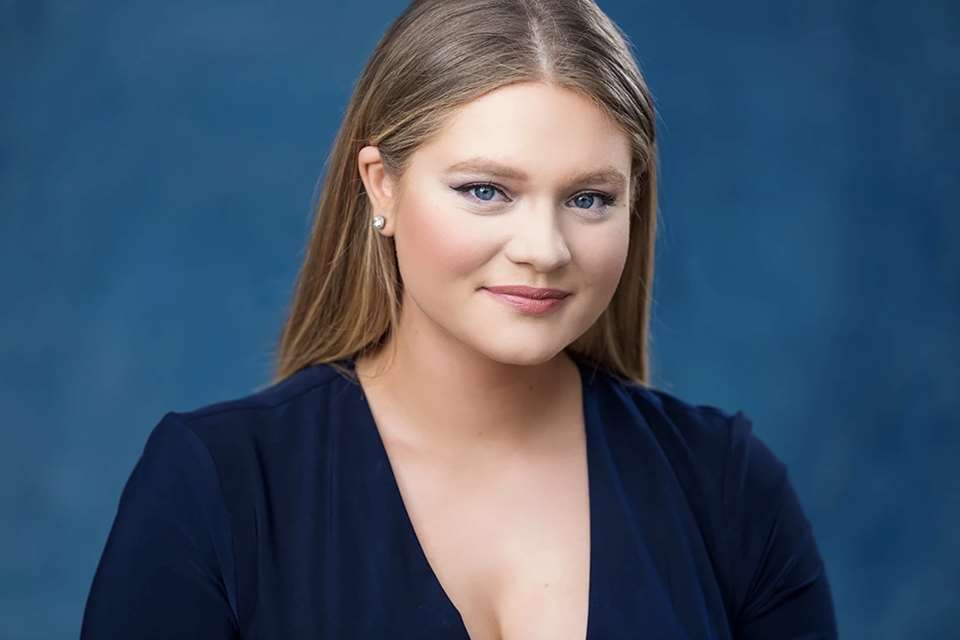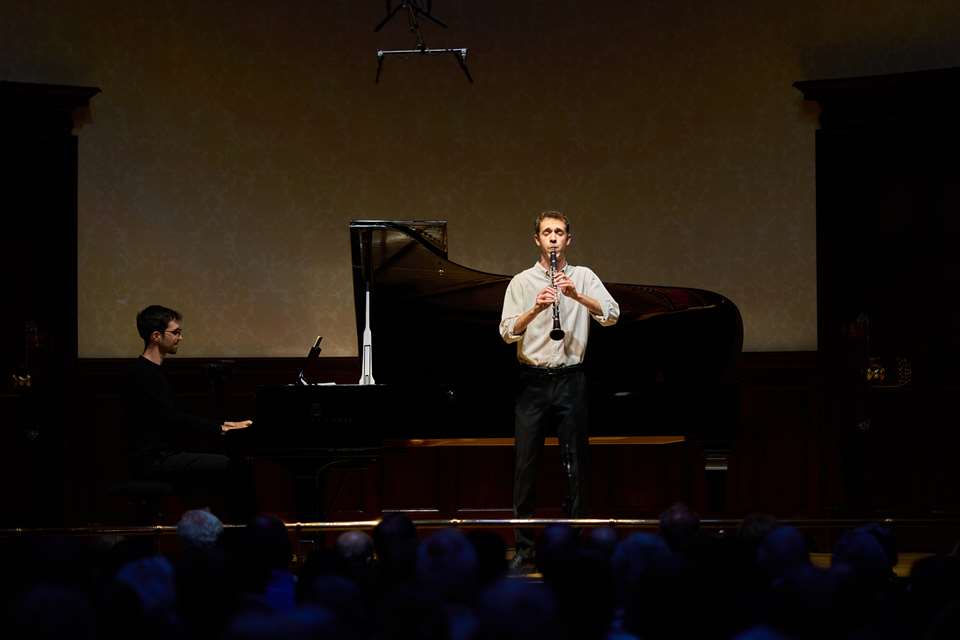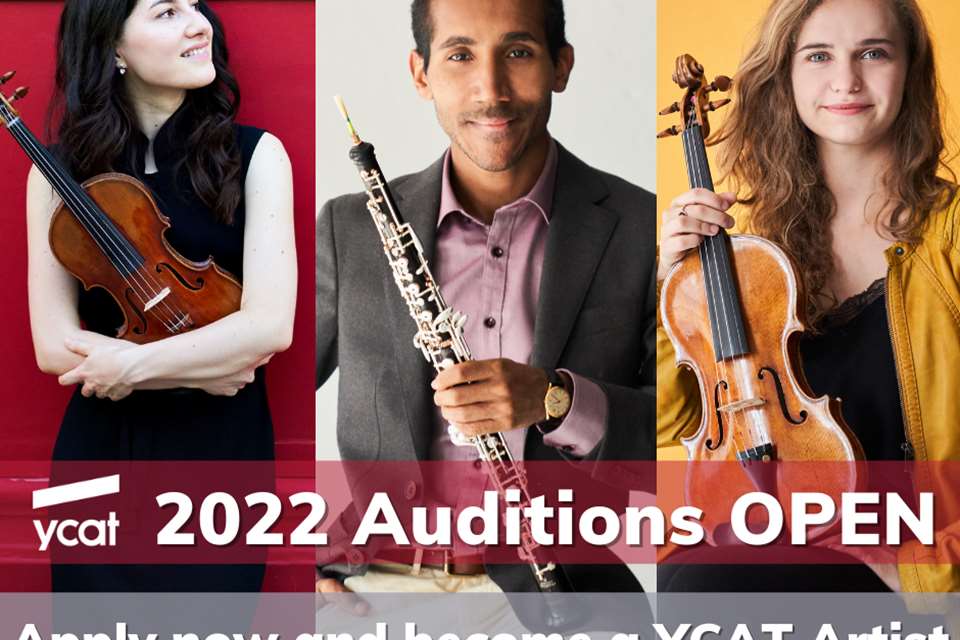Artist Managers: ‘YCA gave me the only thing I ever wanted: a chance'
Florence Lockheart
Thursday, November 2, 2023
With semi-final and final auditions set to take place in New York next week, Andrew Green chats to the people behind YCA's success to learn more about what they can offer developing young artists


Register now to continue reading
Don’t miss out on our dedicated coverage of the classical music world. Register today to enjoy the following benefits:
- Unlimited access to news pages
- Free weekly email newsletter
- Free access to two subscriber-only articles per month



